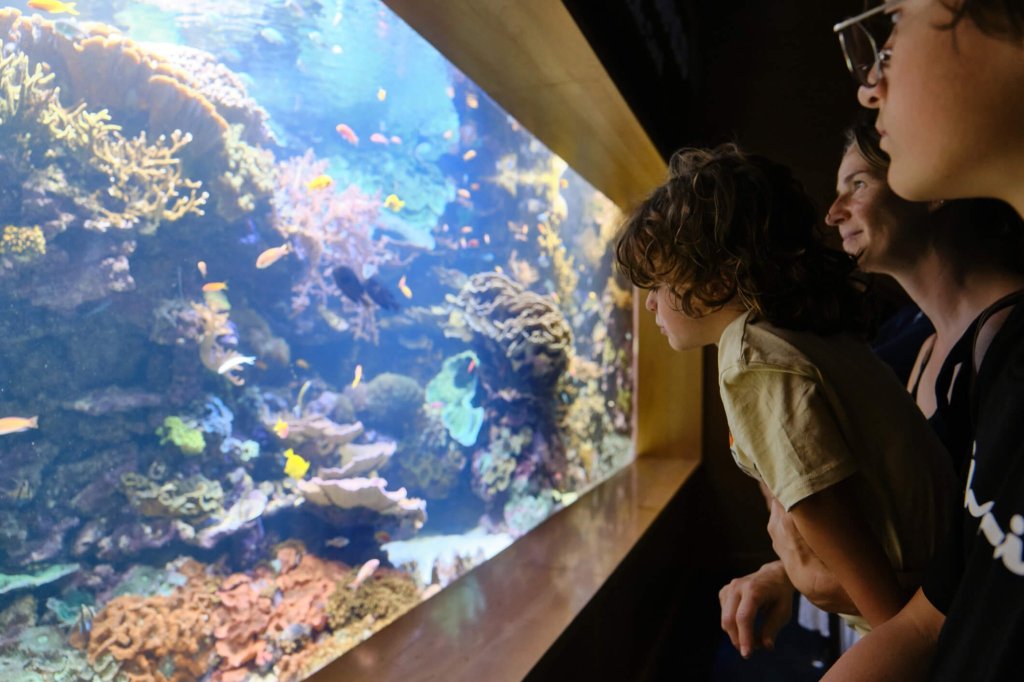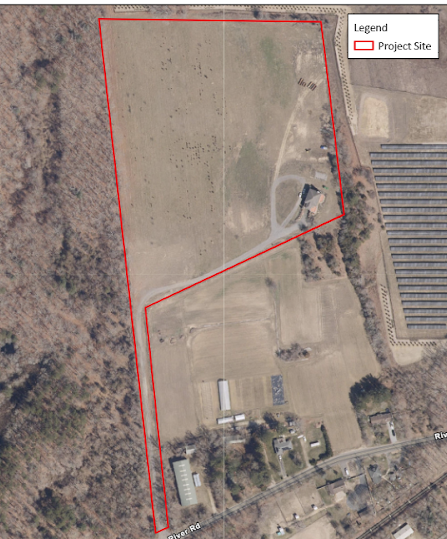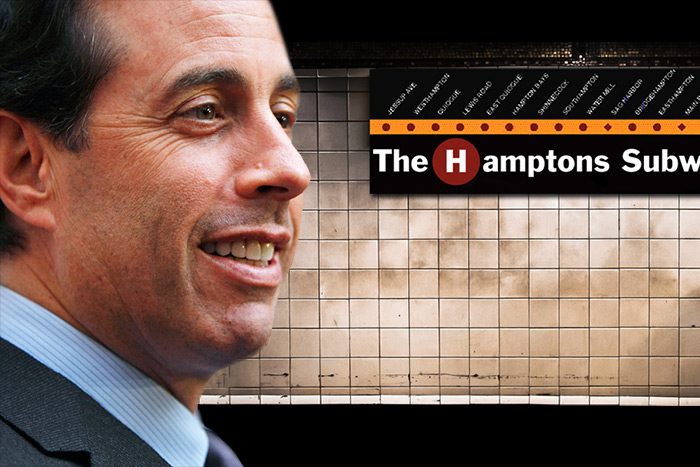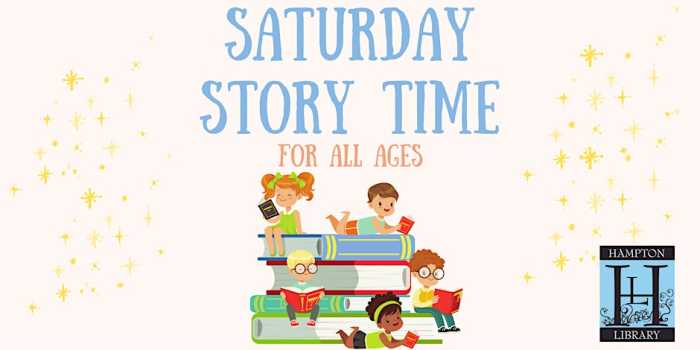Why Do People Hate? A Psychologist Weighs In
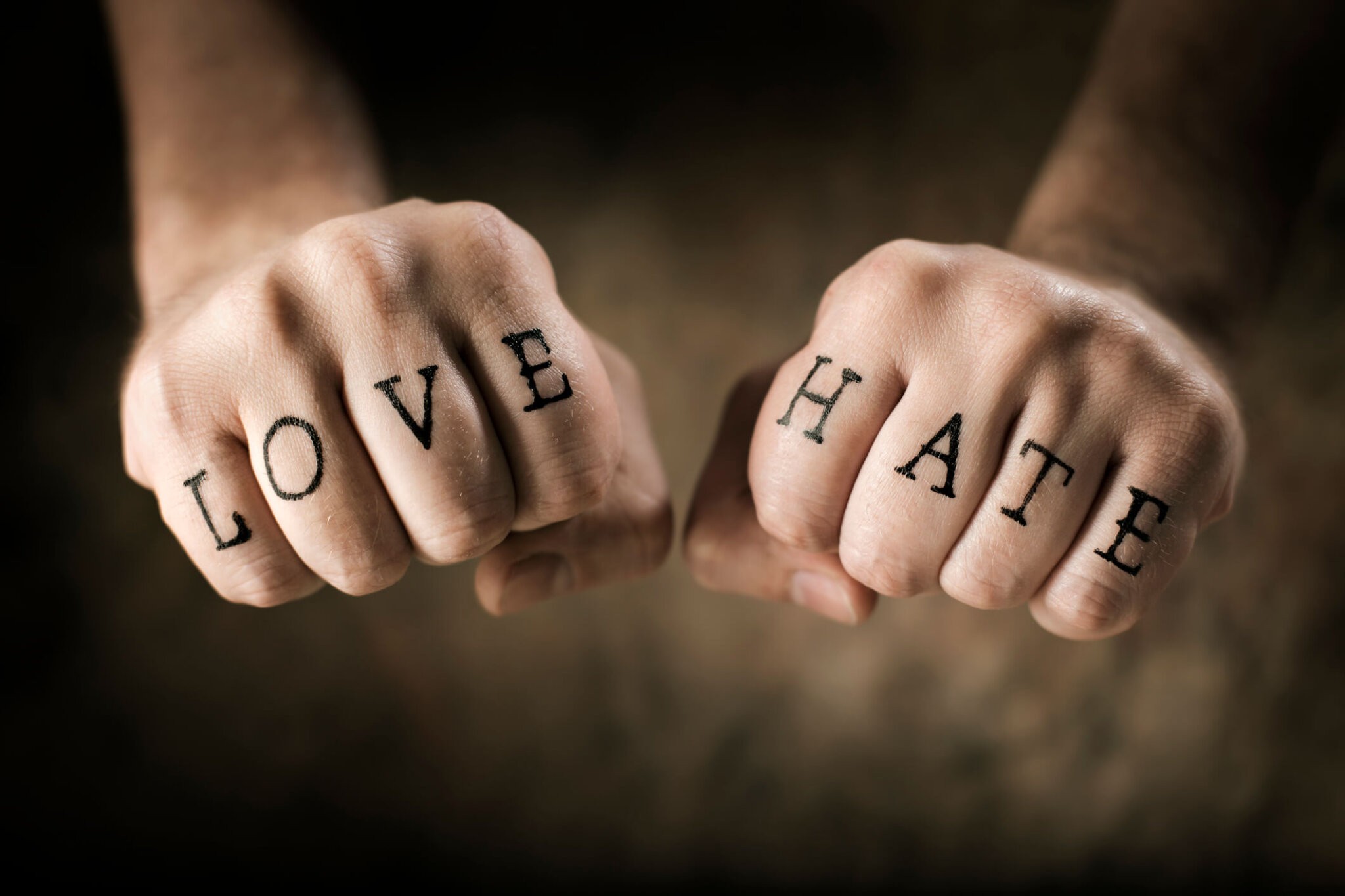
So simply stated over and over in our lives, from birth to death, we have heard the words “I love you” and “I hate you.” We learn this from our parents, culture, social media, education, government and environment.
Hate is much easier to feel, think and execute. I hate the food, I hate the stranger, I hate being a have-not, I hate the betrayer, I hate unfairness, I hate not having what others close to me have. For example, I long for the loss of a parent, money, friends, good looks, employment, intelligence and a sense of belonging. Differences evoke envy and can activate hate.
Hate is much easier to experience. It is seductive, exciting, impulsive, beckoning collective bonding and familiarity. It roars up the masses as seen in our history and today as we act out the hatred with killing, destruction, bombs and explosions, which speaks to the little child who says, “I hate the spinach,” so throws it away. Or, the group of 7 year olds who hatefully bully a disabled child. Or the teenager who hates themself and dies by suicide. Or, the betrayed spouse who hates their partner.
Love, on the other hand, is a much more difficult emotion to embrace. It requires us to have been loved. Moreover, one needs to be intelligent and evolved so one can deal with differences, respect others, and have the insight and willingness to transcend transgressions.
Furthermore, one needs grit and hard work to resolve life challenges and develop constructive and innovative strategies to move forward in accessing peaceful and loving perspectives for living, with both love and hate.
As a psychologist in New York City, I asked my patients spontaneously to tell me why people hate. Here we go:
* Age 25: Hate is due to early trauma
* Age 30: Narcissistic hate is due to wounds that attack one’s sense of self: “Mirror mirror on the wall, who is the fairest of them all – not I.” Then comes revenge, outrage and destruction
* Age 39: Binary/primitive concrete thinkers – good/bad, happy/sad
* Age 82: They have never been loved
* Age 40: The closer the person is to you, the easier it is to hate them
* Age 50: People who are uneducated, prejudiced, who live with stereotypes based on the fear of the stranger.
Given some of the responses amid the intense negativity in our world, Ambassador to the United Nations, Jerry Cammarata believes that we need a “parental pulpit’ where family dialogue should be feeding tempered language and empathic listening, helping children convert negative emotions into constructive dialogue. Furthermore, repetition and imitation can show that a hateful event or feeling can be reframed and refocused into a positive and creative experience.
Dr. Jerilyn Kronen is a psychologist in New York City and the Hamptons
